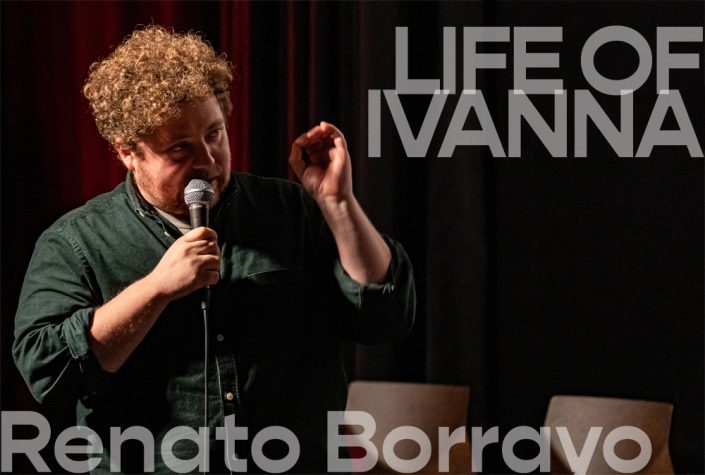Those fleeing poverty or violence and persecution must be good on their feet. A woman with four children chooses the long march from Guatemala through Mexico, like many others hoping to reach the USA. Lilian has left an abusive husband, the caravan – plus the film crew traveling with her - offer her protection for this enormous step. Along the way, she finds other women with similar experiences, who are like her fleeing not only for material reasons. The film accompanies the wonderfully cohesive family and lets us experience a process of self-assertion of a young mother at first hand. A great documentary film that stands out impressively from common reportages about migration problems.
Jakob Krese worked for human rights NGOs in Central America for several years. He worked as a freelance photographer and writer for radio feature productions. Krese studied camera and film directing in Berlin, Havana and Sarajevo. His films were screened at festivals such as IFFR Rotterdam, Guanajuato and DOK-Leipzig. In 2019 he became co-founder of Majmun Films.
Danilo do Carmo is a cinematographer and documentary filmmaker with interest in socio-economic issues, especially colonial history and black identity in Latin America.
Directors: Jakob Krese, Danilo do Carmo
Cinematography: Arne Büttner, Danilo do Carmo
Editor: Sofía A. Machado
Producer: Annika Mayer, Majmun Films
Distribution: Majmun Films









